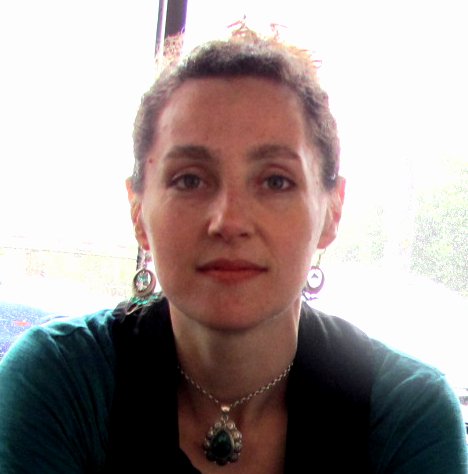Model for clinical group supervision
I have been providing group supervision for over 15 years now, to social workers, counsellors, welfare staff and other allied health workers within the welfare field. Recently, I have reflected on how my practice has changed over time and the experiences that have informed why I work the way I do. Not only have I developed knowledge and confidence in the process of facilitating group supervision but I am now far clearer about what I offer and can clearly articulate how I work. The model I now use is one I have developed in the past few years. This model aims to balance spontaneity and responsiveness to what the group brings, with enough structure for the group to feel contained and purposeful.
Documenting this model has been a helpful process, crystallising my own thoughts about my purpose and structure and creating useful information to give out to new group members. The idea of group supervision often raises anxiety in practitioners and many workers have stories of supervision groups they have attended, where they have felt embarrassed, annoyed or even shamed. When I have my initial session with a new group, I spend time exploring both what they hope for and what they are fearful of from group supervision. In this way, we begin to negotiate our way forward together, using my model as the starting point and then developing individualised aims, agreements and rules to suit each group. This model aims to minimise worker anxiety about presenting their dilemmas in the group and to create trust that I will hold the frame and keep things safe. In the groups I facilitate, I am clear from the beginning that we will focus less deeply on the crossover between personal and professional, than we would within one-to-one supervision. Members can individually choose how much they wish to share but I will also take responsibility for their boundaries being protected. In this way, group members can safely benefit from the amazing opportunities the group supervision process allows - a multiplicity of ideas, experiences, reflections and new thoughts that inform and support the individual presenters and the group as a whole.
If you would like a copy of the group supervision model I use, you can download here.
If you have any questions or would like to talk more about this, please email me via my website or directly to lisa.derham@bigpond.com
Lisa Derham



